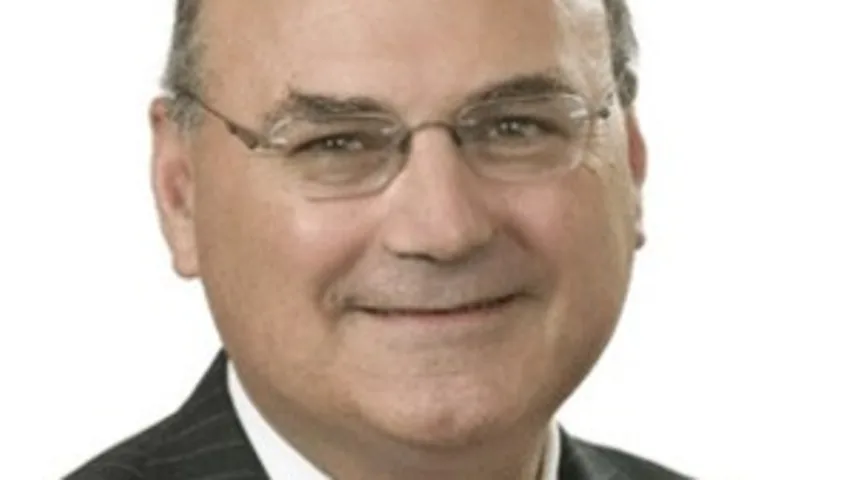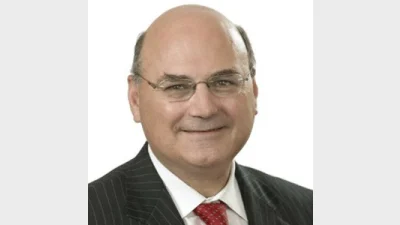Govt won’t lower consumer protection, says Sinodinos



The Assistant Treasurer Senator Arthur Sinodinos has denied claims by industry super funds that changes to the Future of Financial Advice (FOFA) reforms run the risk of watering down consumer protection.
Industry Super Australia (ISA) chief executive officer David Whiteley urged the Government to carefully measure the impact the FOFA amendments will have on consumers, expressing concern they will also bring conflicts of interest back to financial advice.
The Government has already released a Regulatory Impact Statement, which will be updated after the consultation.
Speaking at a media function in Sydney yesterday, Sinodinos said the proposed amendments do not undermine the initial purpose of the legislation. "We are seeking to strike a balance — retain the essence of FOFA and the protections which are being built in by getting rid of unnecessary red tape and also to remove provisions which we thought might actually inhibit the provision of lower-cost, affordable advice," Sinodinos said.
"The last thing we wanted was another situation where we were raising the cost of actually providing advice, making it harder for Australians to get advice."
Responding to Whiteley's comments, the Assistant Treasurer said the Government would be using the consultation process to weigh the impact on all parties.
"I am happy to talk to any of them [consumer and industry groups] about all of this," Sinodinos said.
"Some groups will have entrenched positions, but I like going to people to talk about these issues, so I'm looking forward to having the opportunity to discuss the pros and cons in more detail," he added.
"It's a good conversation to have."
One of the main reasons the Government wishes to introduce amendments to FOFA as soon as possible, Sinodinos said, was to avoid planner risk-aversion in providing advice.
When the Government assessed the seven guidelines for meeting the best interests duty, he said the so-called "catch-all G" — or number seven — was creating too much uncertainty and potentially undercutting the process of meeting the other six guidelines.
"You can't have a situation where people become so risk averse in giving advice, where you're not appropriately balancing the risks and returns for your client," Sinodinos said.
"We needed to make sure there was a robustness to the advice."
Recommended for you
Unregistered managed investment scheme operator Chris Marco has been sentenced after being found guilty of 43 fraud charges, receiving the highest sentence imposed by an Australian court regarding an ASIC criminal investigation.
ASIC has cancelled the AFSL of Sydney-based Arrumar Private after it failed to comply with the conditions of its licence.
Two investment advisory research houses have announced a merger to form a combined entity under the name Delta Portfolios.
The top five licensees are demonstrating a “strong recovery” from losses in the first half of the year, and the gap is narrowing between their respective adviser numbers.











